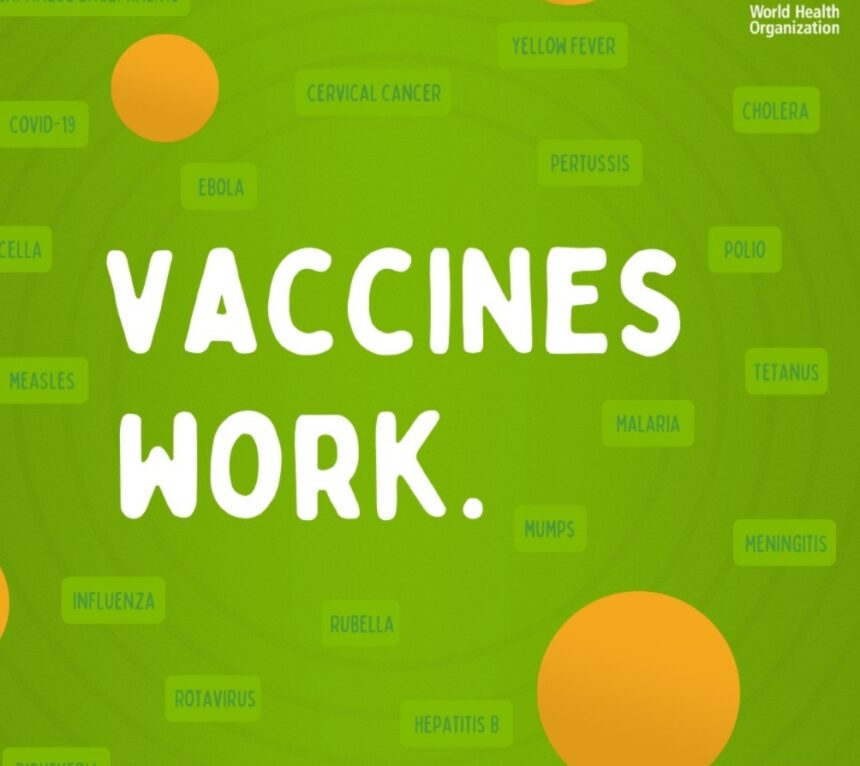**Immunization Saves Millions of Lives Globally but Faces Setbacks Post-Pandemic**
Immunization stands as one of public health’s greatest achievements, preventing between 3.5 and 5 million deaths each year from life-threatening illnesses such as diphtheria, tetanus, pertussis (whooping cough), influenza, and measles. By harnessing the body’s natural defenses, vaccines help protect both individuals and communities from infectious diseases, enabling people of all ages to live longer and healthier lives.
Today, vaccines are available to guard against more than 30 dangerous diseases and infections. Immunization is not only a core component of primary health care but is also internationally recognized as a fundamental human right. Investing in vaccines is widely seen as one of the most effective uses of health funding, given their critical role in preventing infectious disease outbreaks, safeguarding global health security, and fighting the rise of antimicrobial resistance.
However, the progress made in immunization faced significant challenges during the COVID-19 pandemic. Strained health systems led to considerable disruptions in routine vaccination services. Recent data on coverage of essential vaccines such as diphtheria, pertussis, and tetanus (DTP) highlight the pressing need for continued recovery efforts, catch-up campaigns, and strengthening of immunization systems around the world.
Measles, a highly contagious disease, has particularly underscored weaknesses in immunization coverage. In 2024, 20.6 million children missed their first routine dose of the measles vaccine, a worrying increase from 19.3 million children in 2019. This trend signals a need for urgent action to restore and expand immunization coverage, ensuring that every child has access to these life-saving interventions.
Immunization remains a cornerstone of global health, but robust efforts are needed to overcome recent setbacks and protect communities from preventable diseases.











